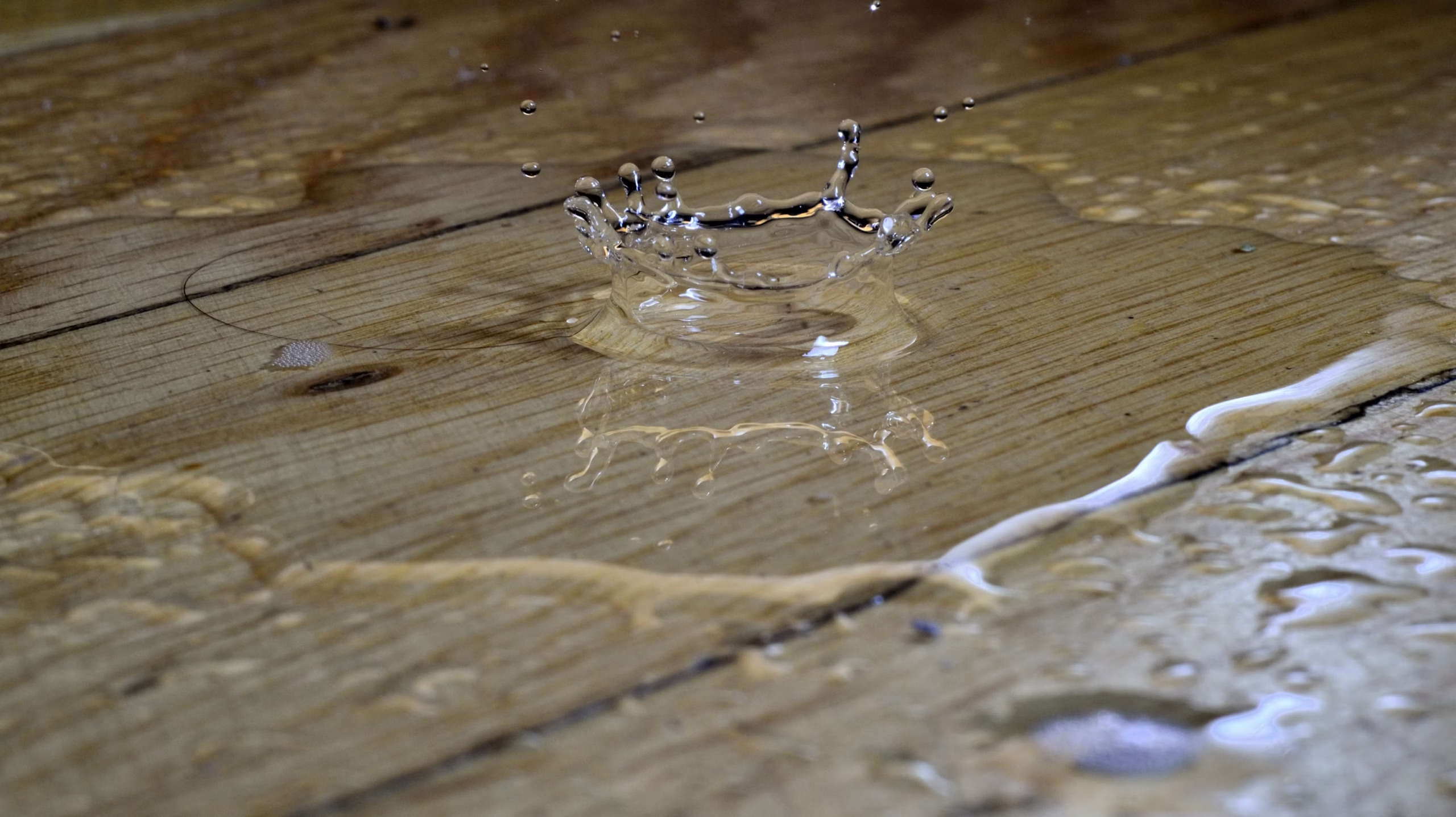Water damage is one of the top reasons homeowners file insurance claims every year. It can be costly, stressful, and in many cases, completely preventable. Whether it’s a burst pipe, a leaking appliance, or a slow drip that goes unnoticed, water can quickly cause thousands of dollars in damage to your home.
As a homeowners insurance provider, we’ve seen firsthand how devastating water damage can be. We’ve also seen how taking a few smart precautions up front can protect your property, save you money, and give you peace of mind.
Why Water Damage Is a Big Risk for Homeowners
Water spreads quickly. A small leak behind a wall or under a sink can go undetected for days or weeks, quietly damaging floors, drywall, insulation, and even electrical systems. The longer it goes unnoticed, the more serious the damage becomes.
Now picture this: a pipe bursts on the second floor while you’re away on vacation. No one is home to hear it. No one is there to turn off the water. Within hours, water floods multiple levels of your home, soaking furniture, flooring, and walls.
This kind of damage can cost tens of thousands of dollars to clean up and repair. And while homeowners insurance can help, prevention is always the smarter path.
Does Homeowners Insurance Cover Water Damage?
Yes, but with limits. Most homeowners insurance policies cover sudden and accidental water damage. For example, if a pipe bursts or an appliance suddenly leaks, your policy will likely help pay for repairs.
However, homeowners insurance usually does not cover:
- Water damage from poor maintenance or slow leaks over time
- Flooding caused by natural disasters (this requires separate flood insurance)
- Sewer backups unless you have a specific endorsement added
This is why it’s important to not only carry the right coverage but also take steps to prevent water damage in the first place.
6 Smart Ways to Prevent Water Damage at Home
Here are some of the most effective water damage prevention tips we recommend to homeowners:
- Install Water Leak Detection Devices
These small sensors can detect leaks near appliances, under sinks, or by your water heater. Some systems send alerts to your phone and can even shut off your main water supply automatically. This technology is especially valuable if you travel often or own a second home. - Know How to Shut Off Your Main Water Valve
Make sure every adult in your home knows where the main water shut-off valve is located. In an emergency, turning off the water quickly can make a huge difference. - Check Hoses and Connections Regularly
Inspect washing machine hoses, dishwasher lines, and refrigerator water connections at least once a year. Replace any that look worn, cracked, or loose. - Clean Gutters and Downspouts
When gutters are clogged, rainwater can back up and seep into your roof or foundation. Keep them clear to help water flow safely away from your home. - Insulate Pipes in Cold Areas
Frozen pipes are a leading cause of winter water damage. Insulate exposed pipes in basements, crawl spaces, and garages to reduce the risk of freezing and bursting. - Schedule Annual Roof and Foundation Inspections
A small leak in your roof or a crack in the foundation may not seem urgent, but over time these issues can lead to significant water problems. Catching them early can prevent major repairs later.
How Water Sensors Can Protect Your Home
Water detection systems are one of the most effective ways to minimize water damage. Imagine a sensor alerting you the moment a leak starts even if you’re on vacation or at work. Some systems are connected to automatic shut-off valves that stop the flow of water before damage spreads.
In our experience, early detection is the single most important factor in reducing the cost and severity of water-related claims.
Many homeowners insurance policies offer discounts for smart-home safety features like leak detection systems. If you’re considering installing one, check with your insurance agent to see if you qualify.
Is Your Homeowners Insurance Up to Date?
Preventing damage is essential, but so is making sure your insurance has you covered when the unexpected does happen. Take time to review your current homeowners insurance policy and confirm what types of water damage are included.
If you’re shopping for a new policy or haven’t reviewed your coverage in a while, we can help. Our team is happy to walk you through your options, answer your questions, and make sure your home is protected from costly water damage.

